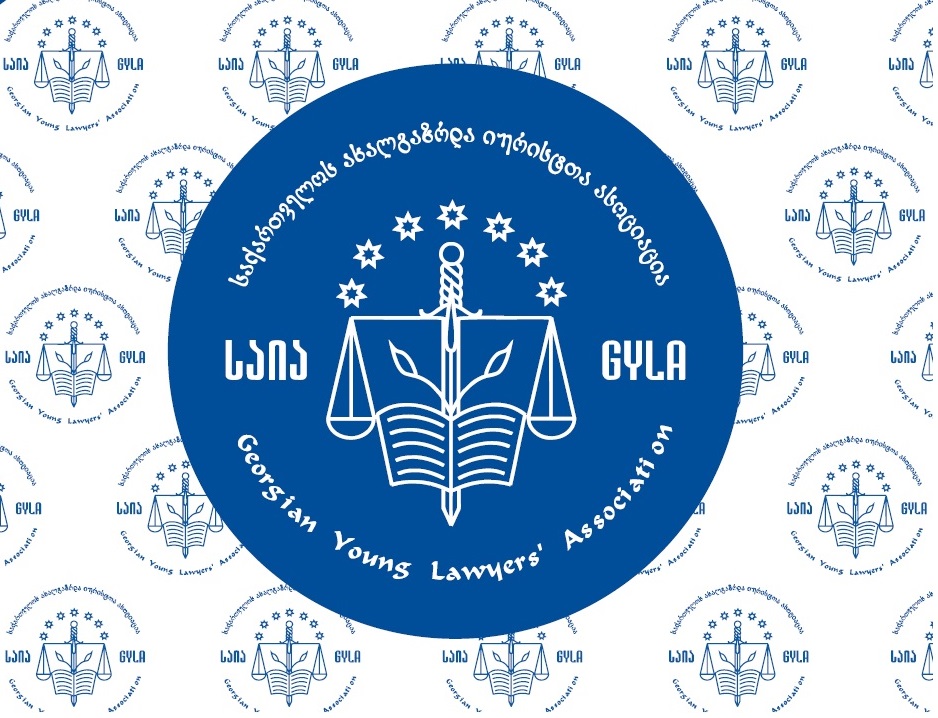
Statement of the Coalition for Independent and Transparent Judiciary about the controversy about Akhaltsikhe District Court
We issue this statement in response to the recent controversy about Akhaltsikhe District Court, involving proceedings brought against former chief of the Interior Ministry’s Borjomi District Division and other individuals. The trial concluded with the court delivering verdict of not guilty on July 3.
Following the court’s verdict the office of the chief prosecutor of Georgia released a statement about gravity and contents of charges brought against these individuals. The office of the prosecutor also alleged unjustified communication of presiding judge with prosecutor. The Supreme Court responded to the office of the prosecutor, rejecting the allegations, saying that there was no improper communication whatsoever between the judge and the prosecutor. On July 5 a protest rally was held outside the office of the district court, part of which grew into illegal acts. According to the MIA’s statement, subsequent probe has been launched.
First, we would like to expressly state that a verdict of a judge, despite its contents and gravity of charges brought against defendants, may not serve as the basis for attacking court and protesting the judiciary this way. We welcome the MIA’s timely actions in response and remain hopeful that the probe will be carried out in an objective and transparent manner. Any form of pressure and abuse of the judiciary must be eliminated in due time, in which the law enforcement authorities play an important part. As to other developments related to the controversy, we believe that an immediate probe must be launched into alleged improper communication between the judge and the prosecutor, including determining in abidance with due procedures whether the judge and/or prosecutor violated the law on the Procedures of Communication with Common Court Judges. We have stated a number of times before and we would like to state now that any form of improper communication between the judiciary and other branches of the government, particularly with the prosecution, notwithstanding who the initiator of the communication is. In order to improve public confidence in the judiciary, it must be immediately determined whether any illegal communication occurred and if it did, further actions must be taken in response.
We would like to also respond to the statement made by the Supreme Court, saying that “the verdict of not guilty delivered by Akhaltsikhe District Court was founded on the evidence in the case and the key principle of adversary proceedings.” We are wondering how the Supreme Court came to this conclusion. Clearly, it would not have had an access to case file as the case had not even been brought before the Appellate Court yet, whereas without examining the case file it is impossible to determine whether the verdict concerned was founded on the case evidence and whether the principle of adversary proceedings was fulfilled. Further, the Supreme Court while acting as the cassation court, which may take up the proceedings, must refrain from expressing its positions in advance about any specific case. Notably, if appealed, the case will be taken up by the Appellate Court which may be influenced by the opinion that the Supreme Court opinion expressed in advance. Further, the High Council of Justice is the key guarantor of the judicial independence, authorized an obligated to act on similar facts. The law unequivocally distinguishes between relevant competencies of the Supreme Court and the High Council of Justice.
Lastly, we would like to note that we are looking forward to the investigating authorities’ actions, as well as further actions of relevant agencies in relation to the alleged improper communication. As to the verdict delivered by Akhaltsikhe District Court, its legal analysis will be possible only after receiving the case materials and written substantiation.
ჯ. კახიძის #15, თბილისი, საქართველო, 0102 ; ტელ: (995 32) 95 23 53; ფაქსი: (995 32) 92 32 11; ელ-ფოსტა: gyla@gyla.ge; www.gyla.ge
15, J. Kakhidze str. 0102, Tbilisi, Georgia. Tel: (995 32) 95 23 53; Fax: (995 32) 92 32 11; E-mail: gyla@gyla.ge; www.gyla.ge


